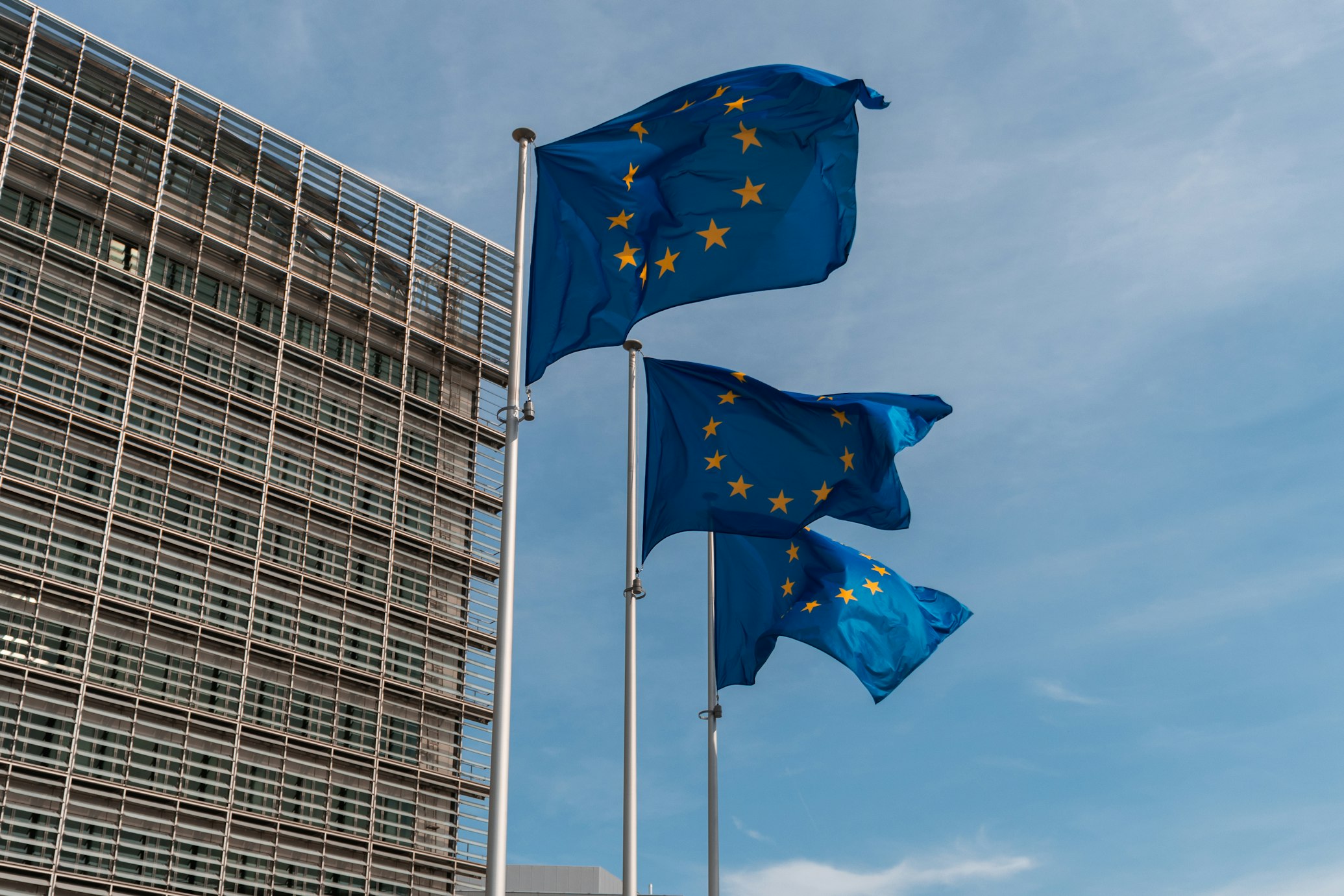Germany has a new governing coalition—and with this 3 party combination of Social Democrats (SPD), Greens (B90/Grüne) and Liberals (FDP), it’s a first.
I was skeptical about the prospects of the Greens and FDP finding common ground, and of course only time will tell if this new journey works out. But there are truly promising signs here: First, the coalition negotiations stayed pretty confidential, which is no small feat given the complexity of such an operation, and the number of people involved. This is a sign of trust being built. Second, the coalition contract—essentially a governing roadmap—looks pretty promising.
The coalition contract is available in full in German (PDF) and I haven’t read the full text yet, and won’t comment on the overall political approach. But I’ve read the parts pertaining to all things digital, and came away pretty impressed. (Please note: The devil is in the details, and most of the things outlined here will have to survive being turned into law/practice. This is where we’ll see if the new coalition can make things happen.)
Roughly speaking, there’s a lot in there about a boost to digital and about innovation. More concretely, strong commitments to participation and to strengthening the role of digital society in all questions regarding the digital sphere (which is something I’ve been strongly advocating for, too).
Here are some parts I applaud, in no particular order:
- Introduce both citizen councils and platform oversight boards
- Making new laws more transparent and easier to understand, including easy-to-understand summaries and “divs”, i.e. highlighting what actually changes from one version of a law to another
- Including civil society more strongly, especially regarding all things digital, diversity and civic tech
- Strengthening the lobby transparency register, including who meets with lobbyists all the way down to the working (read: sub-political) level
- Lowering the election age to 16 (both for national and European elections)
- Strengthening open standards and diversity
- In public procurement, focusing on open source, open data and open access
- Protecting the right to encryption
- Banning biometric surveillance in public space
- Strengthening volunteer work in the digital space and supporting civil society (also legally, and I’m told financially, but I didn’t see this in the document)
- Commitment to an active digital foreign policy towards a global, open internet, and also involving global civil society and digital citizen rights
- Supporting demilitarization of cyber space, including stopping the sale of digital surveillance technologies to repressive regimes
These are some of the specifics, on top of a massive general boost of government digital services and of course fighting climate change.
Again, this list isn’t comprehensive, and we’ll know how it works out within a year or two. But two months ago I wouldn’t have dreamed of this document, and I’m happy — even cautiously optimistic — that this might come together nicely.



